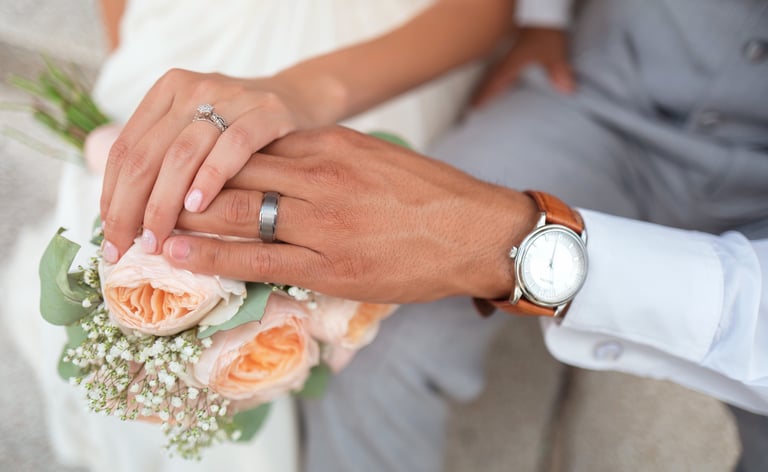Motives of Choosing a Life Partner
To create a happy family it's very important to choose the right partner. Our partner IS OUR CHOICE. It is not about what we deserve or about luck. It's all about whom we choose basing on certain factors about which we will talk later. That choice can have different motives. Here are some of them:
According to Sigmund Freud, we choose a partner who is SIMILAR TO OUR PARENT OF THE OPPOSITE SEX.
Some psychoanalysts say that we choose someone with whom we can RECREATE A RELATIONSHIP BASED ON OUR FAMILY MODEL: a relationship similar to those that exist between our parents or between us and our sibling.
R. Winch claimed that we choose our partner basing on COMPLEMENTARITY. For example, a dominant man chooses a soft woman, a soft man chooses an energetic woman etc.
According to another theory, often PEOPLE CHOOSE A PARTNER WHO IS TOTALLY DIFFERENT FROM THEIR PARENT of the opposite sex. The reason can be that the parent used much alcohol or drugs and abused the family, seeing which the child resent him/her and growing up chose a partner who doesn't use any of that and is very respectful and caring towards his/her family.
But can also be that the parent is a very good father/mother but has some personality characteristics, which we don't like much and accordingly we choose someone who isn't like that and is "better" by a certain characteristic.
According to A. Kerchoff's and K. Davis's theory of "filters", all ROMANTIC RELATIONSHIPS PASS THROUGH MANY "FILTERS", AS A RESULT OF WHICH WE CHOOSE OUR PARTNER. Passing through the "filters" often many relationships fall apart without going through all. Thus, less and less relationships go through all the "filters" and get stronger because people find a soulmate, who has the same values, same or similar worldview, aims, interests, who can complement their needs, etc.
V. Murstein's "stimulus-value-role" theory assumes that the romantic relationship develops through 3 main phases. In the first phase man and woman EVALUATE EACH OTHER'S APPEARANCE, INTELLECT AND BEHAVIOR. Then if they like each other, the relationships develops to the second phase, where they COMPARE VALUES. If all is fine and they have the same values, they reach the third phase of CHECKING THE FUTURE ROLES: they try to find out the compatibility of their roles in marriage. If they are compatible, the relationship becomes stronger and continues, if not, it falls apart.


